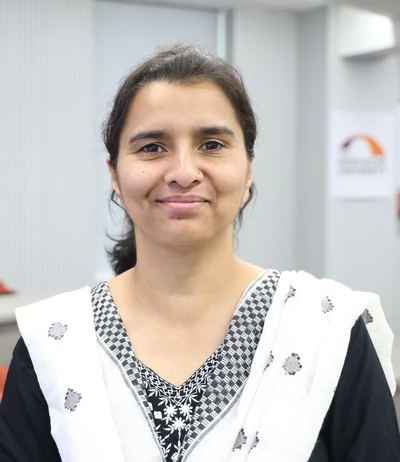Higher Education in Basic Sciences


The core branches of scientific knowledge are basic sciences, which aim at an understanding of natural phenomena by studying the fundamental principles underlying them. They usually include:
Physics: Physics attempts to explain the basic principles of matter, energy, space, and time. Areas covered include mechanics, thermodynamics, electromagnetism, quantum mechanics, and relativity.
Chemistry: It is the branch of science that deals with studying matter, its composition, properties, structures, and alterations.
Biology: Biology is defined as in-depth knowledge of organisms, their structure, various functions, development, evolution, and interactions with the environment.
Mathematics: It introduces the language and tools used in the study of patterns, structures, and relationships of most of the science disciplines. These will include algebra, calculus, geometry, probability, and statistics.
Earth Sciences: Earth sciences are the studies of the composition, processes, history, and interactions of Earth with its atmosphere, hydrosphere, and biosphere. Subfields under earth sciences include geology, meteorology, oceanography, and environmental science.
These five disciplines are the bedrock of any scientific investigation, helping to explain and understand the natural world, develop technologies, and solve human problems. Basic sciences tend to intermingle with and integrate into one another; such fields of interdisciplinary research and applications are very common.
Advanced studies in basic sciences, focussing on Physics, Chemistry, Biology, Mathematics, and other related fields, go deep into the very nature of principles that keep our universe together. Here are some focus areas and considerations to pursue higher studies in basic sciences:
Research Opportunities: Basic sciences provide a great deal of research opportunities in theoretical and experimental aspects. Many graduate programmes focus on research. Students get a chance to pursue studies in narrow subfields and actively participate in the development of scientific knowledge.
Interdisciplinary Approach: A lot of basic science fields overlap with one another and with other disciplines like engineering, medicine, and computer science. This interdisciplinary approach begets innovation and the evolution of new technologies.
Career Options: A person with an advanced degree in basic sciences has a wide range of options for his career. These relate to jobs in academic institutions as professors or researchers, working in industry sectors in pharmaceuticals, biotechnology, materials science, and the environment, or working in government research institutions.
Skill Building: The study of basic sciences instils a person with skills in critical thinking, problem solving, and analysis. These are highly required skills in various sectors and will take one to higher positions associated with research and development.
Impact Globally: Basic sciences play huge roles in finding answers to global challenges and problems like climate change, healthcare improvement, energy solutions, and sustainable development. Thus, researchers in the discipline of basic sciences contribute to finding solutions for such complex issues.
Challenges and Rewards: This is the intellectual reward that comes with the pursuit of higher studies in basic sciences; however, it is also coupled with challenges such as rigorous coursework, extremely competitive research environments, and struggles regarding funding for projects. However, the amount of satisfaction in making big discoveries that could help further human knowledge is immense.
Continuous Learning: Basic sciences are dynamic fields of knowledge wherein discoveries and developments keep happening all the time. Graduates must keep themselves abreast of such happenings through continuous learning and professional development.
In general, higher studies in basic sciences open the pathway towards understanding nature, its underlying principles, and mechanisms, contributing to further scientific growth and able to make a difference in society. For those who are passionate about understanding the world through scientific inquiry, the journey is challenging yet rewarding.
Authored By

Dr Aditya Sharma
Assistant Professor (Selection Grade)
Department of Applied Sciences
The NorthCap University
